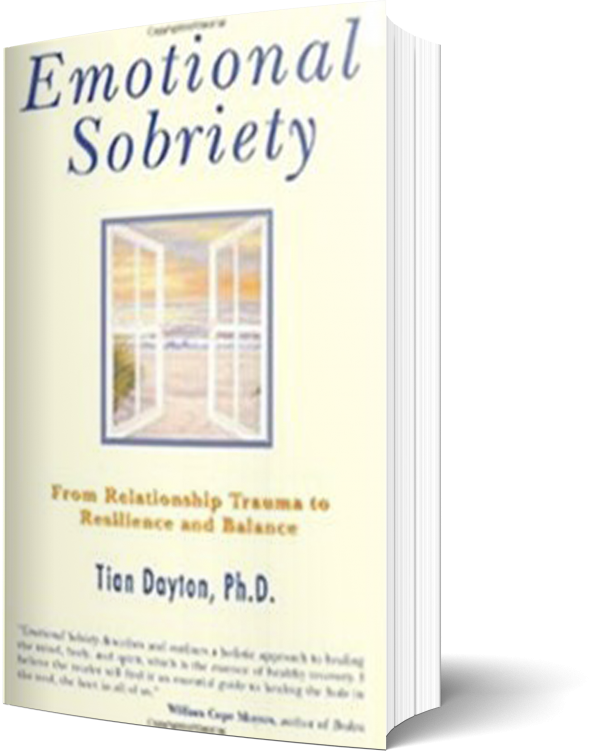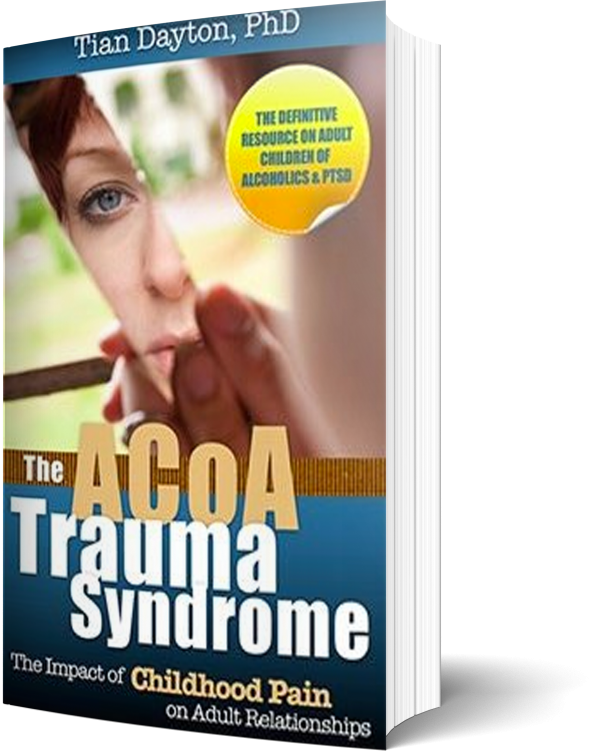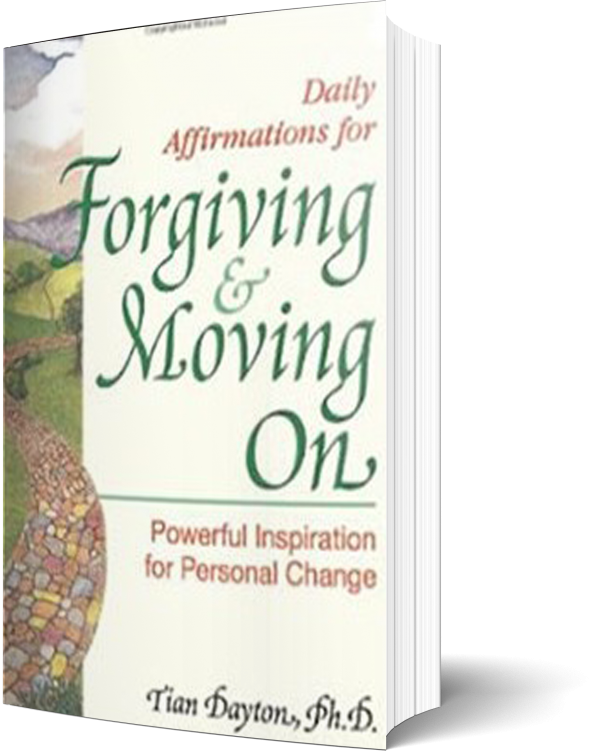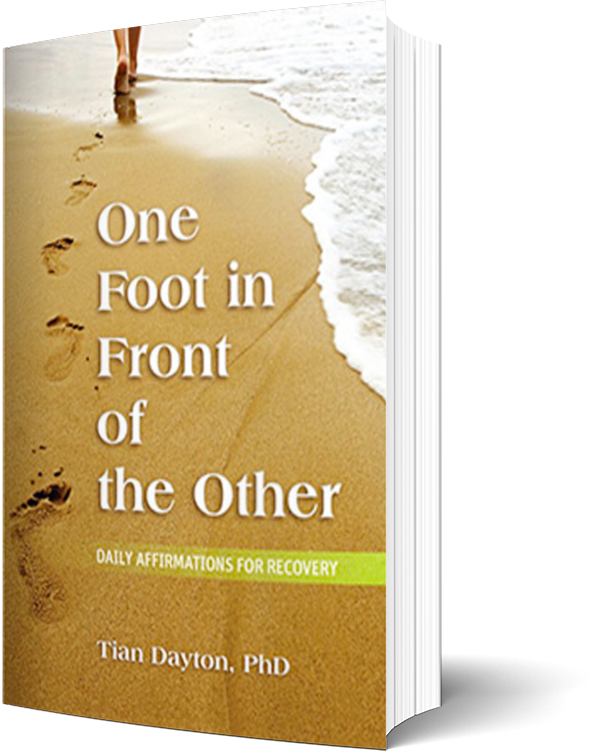Over the years I have listened to a sort of running monologue from clients who grew up with an addicted parent. It goes something like this: “I felt like it was all about them, like what was going on inside of me was sort of invisible, like what they wanted or needed always came first.” They go on and on describing a family dynamic that circulated around the immediate needs of the addict. They talk about how they often found themselves staying quiet and “well behaved” so as not to disturb a drunk or hung over parent or bring a torrent of anger down on them. They also describe a world in which their other parent was constantly over burdened, hiding the extent of the problem and working double time to make the family seem “normal.” Both parents became absorbed by either addiction or the problems surrounding it.
In this family children tend to fit in or not fit in according to their ability to meet other people’s needs. These kids often experience their parent’s needs as more immediate and important than their own. And to further complicate this dynamic, children of addiction COA’s may experience relief and satisfaction by meeting another person’s needs while remaining somewhat unaware of their own. Their own inner worlds can feel somewhat hazy and confusing to them while the worlds of others seem clear and distinct.
Why Living with Addiction Feels Like Living with Narcissism
The narcissist tends to view other people, not necessarily as individuals in thier own right, but as extensions of himself. A narcissist often prefers to have people around him who behave in such a way as to meet and gratify his own needs or enhance his own vision of himself. If they act separately, have too many of their own points of view or their own opinions they threaten the narcissist’s equilibrium.
How does this mirror addiction? The addict is ever absorbed with getting their next fix; that’s how they maintain their equilibrium, albeit very dysfunctionally. Their needs come first.
The narcissist also tends to be absorbed in themselves and in meeting their next need and rather unaware and even uncaring of the needs of those around them.
Same with the addict: the needs of those around them have to come second to their meeting their own, often overpowering desire for their next “fix” whether it be a drink, drug, food or sexual encounter. Both the narcissist and the addict are first and foremost self absorbed. They come first.
Addiction creates a kind of narcissism. It is constantly preoccupying; it takes a person over body, mind and soul. For those who live with an addict, love them and depend on them to be at the other end of a relationship, life can be discouraging. It’s a lot like living with a narcissist because no matter what you do or how hard you try, you will always come second; second to the addict’s pressing needs, second to their constant preoccupations, second to the disease.
Freud said that we become jealous of the narcissist because they seem to be so pleasantly oblivious to the feelings of accountability to others that the rest of us are plagued by. “Wouldn’t it be nice,” we think, “to be free of this burden of awareness of the needs and feelings of others and simply ask ourselves one question, what do I want?” But if you could drill a hole into the inner world of the narcissist or the addict and peek inside you might be startled at the emptiness and loneliness you’d find. Because ultimately being oblivious to the cares and needs of others leaves us feeling like strangers in our own relational worlds. Whatever they are doing to meet their needs isn’t working all that well for the long run.
How In Recovery, We Sometimes Misinterpret the Concept of Self Care
Recovery and pop psychology are famous for telling people to “take care of themselves.” I see a lot of people in the addictions field confused at just what this means because the models they have seen “taking care of themselves” have been unhealthy ones. COAs don’t necessarily learn the difference between healthy self care, the kind that recognizes that you won’t be any good to anyone, including yourself, if you let yourself fall apart and the selfish, narcissistic models they have grown up with. They confuse healthy self care with the selfish variety that discounts others. Frustrated and disheartened from years of feeling unseen and unheard, they grab onto the concept of self care and use it to justify gratifying their own needs in the same selfish way that they have seen others do and then wonder at why they feel so lonely. And their self care can be so mixed up with the kinds of fear, guilt and pain that we discussed in our previous two blogs on codependency that they really can’t figure out how to take care of themselves and still be well-related and aware of the needs of others.
One of the important tasks of any person is to learn how to be well related to others. Humans are tribal at heart, pack animals if you will. We are always in relationship to someone, it’s part of who we are and how we got here in the first place. Learning what to let metter and what to let go of, and how to hang onto our own sense of self while in the presence of others is one of our most important developmental tasks. This is challenging in the most perfect of circumstances but for those who grow up with addicted or narcissistic parents who aren’t good at fostering self esteem in others, developing a secure sense of self can be challenging. This delicate process of untangling of conflicting needs and emotions will be the subject of my next blog; “Emotional Sobriety in Relationships”.
For further info see Emotional Sobriety: From Relationship Trauma to Resilience and Balance by Tian Dayton, PhD.





